By Tricia A. Mitchell
Every year, tens of millions of travelers flock to Germany. They come to experience the country’s legendary festivals, its castles and palaces, and its soaring mountains.
While Germany is a great place to visit, it’s also a lovely place to call home—something I did for more than ten years. Here’s why I’m happy I moved there.
Natural Beauty

Germany may be a bit smaller than the U.S. state of Montana, but it still manages to offer a great diversity of landscapes. These include everything from mountains and coastal areas to forests and valleys.
Hiking and cycling are two of my favorite ways to savor Germany’s natural scenery. Over the years, I’ve found that German trails are well-signed and well-maintained. From a gentle hike (with no special equipment required) to a more challenging Klettersteigclimb (with fixed cables or ladders), I’ve also encountered many types of hiking trails in Germany. Some mountains are outfitted with cable cars and restaurants, both of which present magnificent views.
Beyond hiking and biking, Germany has 16 national parksto explore. In the north is the Wadden Sea National Park. Its wetland areas are home to porpoises, seals, and a great variety of birds. If you head south to Berchtesgaden National Park, you can see extraordinary lakes, forests, and glaciers. Golden eagles, red deer, and hundreds of butterfly species inhabit this natural space.
Central Location & Great Connectivity
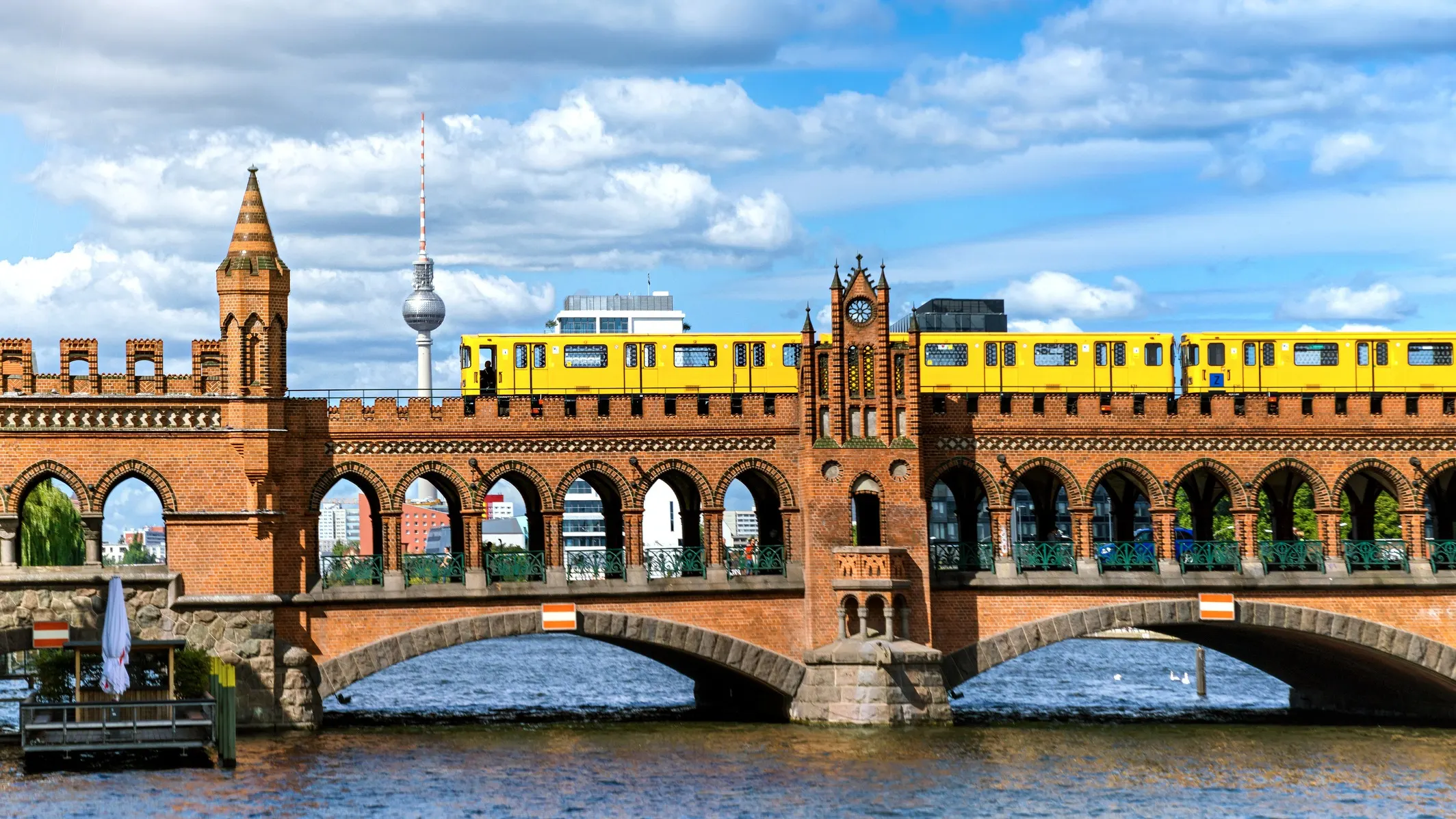
Germany’s location in Central Europe, coupled with its excellent public transportation network, make it a breeze to get around.
Trains, buses, and trams are modern, and ticket prices are reasonable. Unsurprisingly, I’ve found that the best train fares often present themselves when you plan ahead. However, you can also purchase regional day tickets (Länder-Tickets), which allow you to explore a given state in Germany for a reduced fare.
Germany’s well-connected international airports also make it easy to explore Germany—and the rest of the world. I liked being able to leave my apartment, step onto mass transit, arrive at the airport, and ultimately fly to another corner of the world without ever hopping into a car.
Healthcare

With top-notch hospitals and affordable healthcare, Germany’s medical system is another reason to consider moving there. Over the years, I’ve had routine care in Germany (things like dental and dermatologist check-ups and routine physicals) and I’ve had overwhelmingly positive experiences.
As in many countries, you might encounter a language barrier when you seek medical treatment. However, I’ve generally found that doctors in moderate to large-sized German communities speak at least some basic English. Often, they have an excellent command of English.
Culture
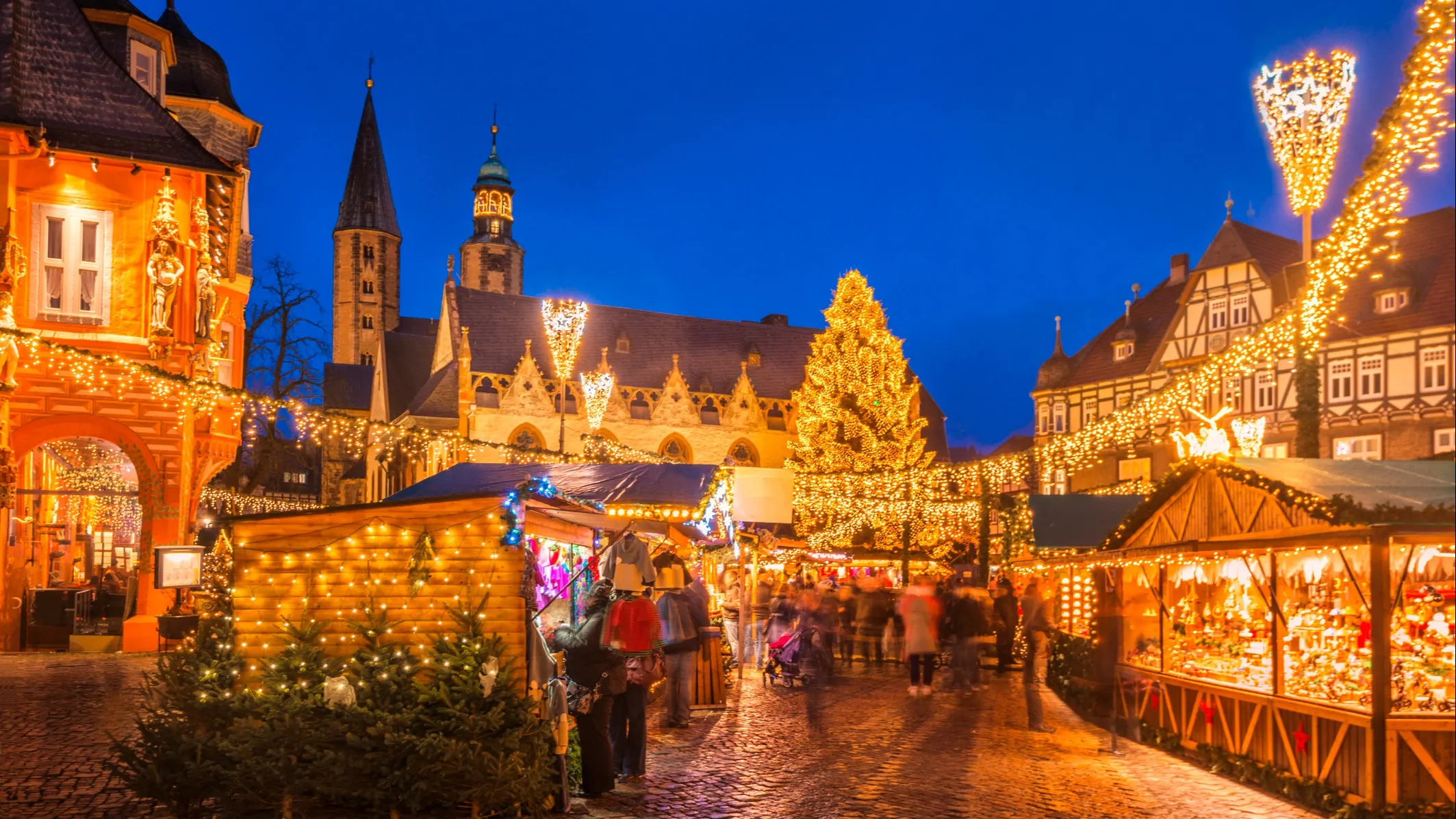
From musical performances and food-themed festivals to museums and historic towns, Germany has much to offer in the way of culture.
During my time in Germany, I’ve donned a Dirndl (traditional Bavarian dress) for Oktoberfest and wine festivals. I’ve seen world-class musicians perform in handsome concert halls. And I’ve attended theatrical performances in courtyards of centuries-old castles. On a snowy evening, my husband and I were even fortunate enough to get married in a German castle.
Speaking of winter, the lead-up to Christmas is an especially festive season in Germany. Most towns and cities hold their own Christkindlmarktor Weihnachtsmarkt.
Communities erect tiny chalet-style structures in their town centers. Inside these huts, vendors sell trinkets such as ceramic-ware, jewelry, candles, and handmade mittens. Of course, they also sell mouth-watering treats. At cozy Christmas markets in Nürnberg, Heidelberg, and Rothenburg ob der Tauber, I’ve feasted upon Lebkuchen (gingerbread), Kartoffelpuffer (fried potato pancakes), gebrannte Mandeln (candied almonds), and Glühwein (mulled wine).
In addition to Germany’s many festivals and special events, there are also attractive Altstädte(Old Towns) throughout the country. UNESCO has inscribed a whopping 43 German cultural sites on its World Heritage List. These historic landmarks include cathedrals, Roman monuments, and art from the Ice Age.
But what’s perhaps most endearing about Germany’s cultural events is witnessing how a community comes together to make a celebration possible. In some respects, when you attend, you also become a part of that time-honored tradition.
Clean & Orderly Environment

Having traveled to parts of the world where stray dogs roam and garbage clutters streets and waterways, I’ve come to greatly appreciate Germany’s penchant for cleanliness and order. The country is one of the world’s top recyclers.
The water in German cities is drinkable and fresh, and German rivers and streams are usually garbage-free. It’s also uncommon to see litter on the streets or in forests.
At a neighborhood level, residents tend to take pride in their properties. For example, it’s not uncommon to see people sweeping their driveways, trimming their hedges to perfection, or primping the flowers in their window-boxes.
Overall, Germany has a great respect for the environment and animals. You also won’t see stray dogs on the streets. There are animal shelters, but in general, pet responsibility is taken quite seriously. Dog owners must pay a dog tax, and dog ownership is regulated more than it is in other parts of the world.
Places to Move to in Germany
Berlin
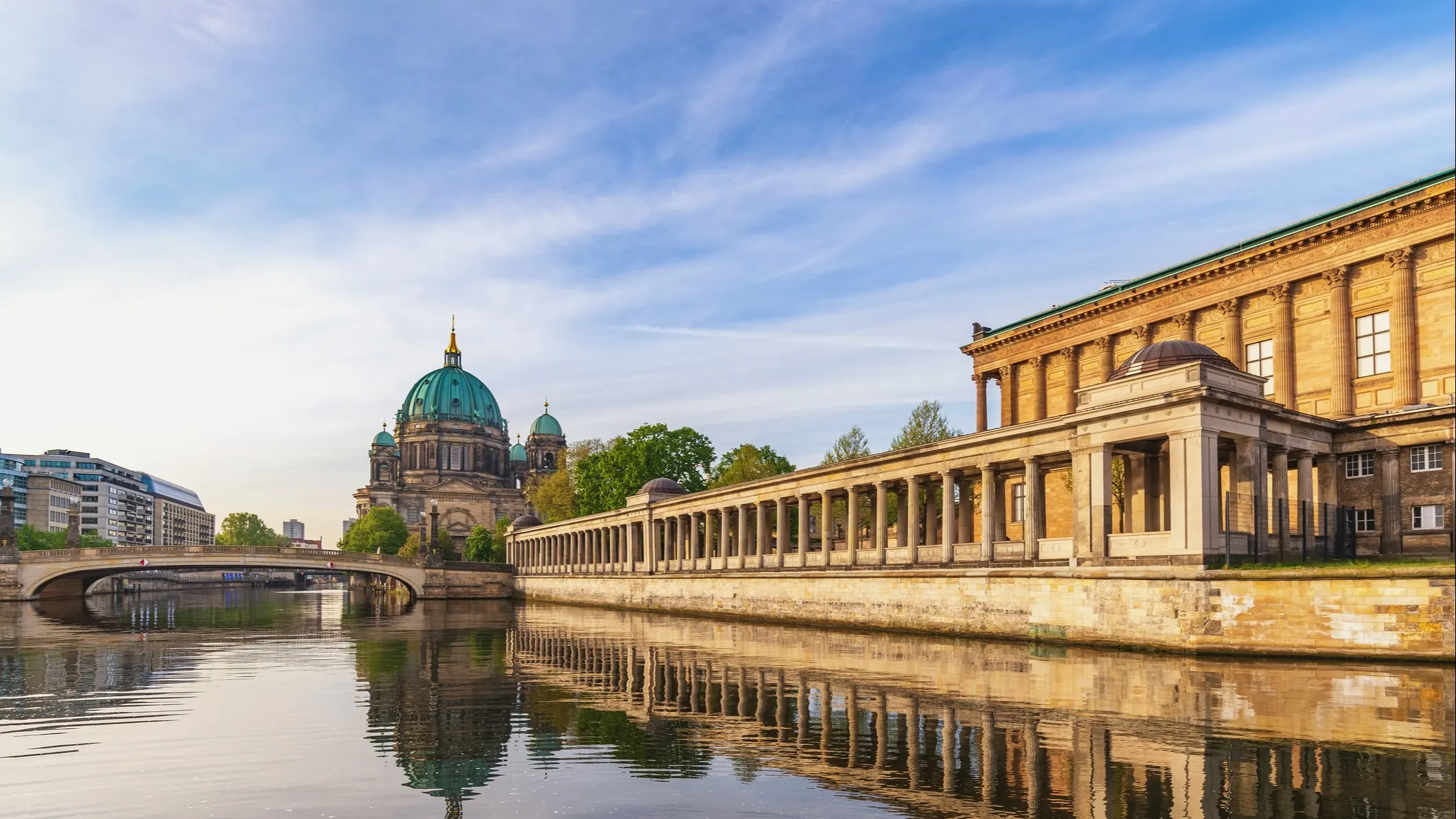
Berlin is Germany’s multicultural capital and is home to about 3.8 million people. This makes Berlin the largest city in the country.
Divided into East Berlin and West Berlin for 28 years, it wasn’t until 1989 that the Berlin Wall came down. Ever since its reunification, Berlin has become a hub of creativity and innovation.
As a capital city, Berlin offers world-class museums, a dynamic restaurant scene, and other urban amenities. It has good medical care and a major international airport. Berlin is also home to one of Germany’s largest expat communities.
Munich
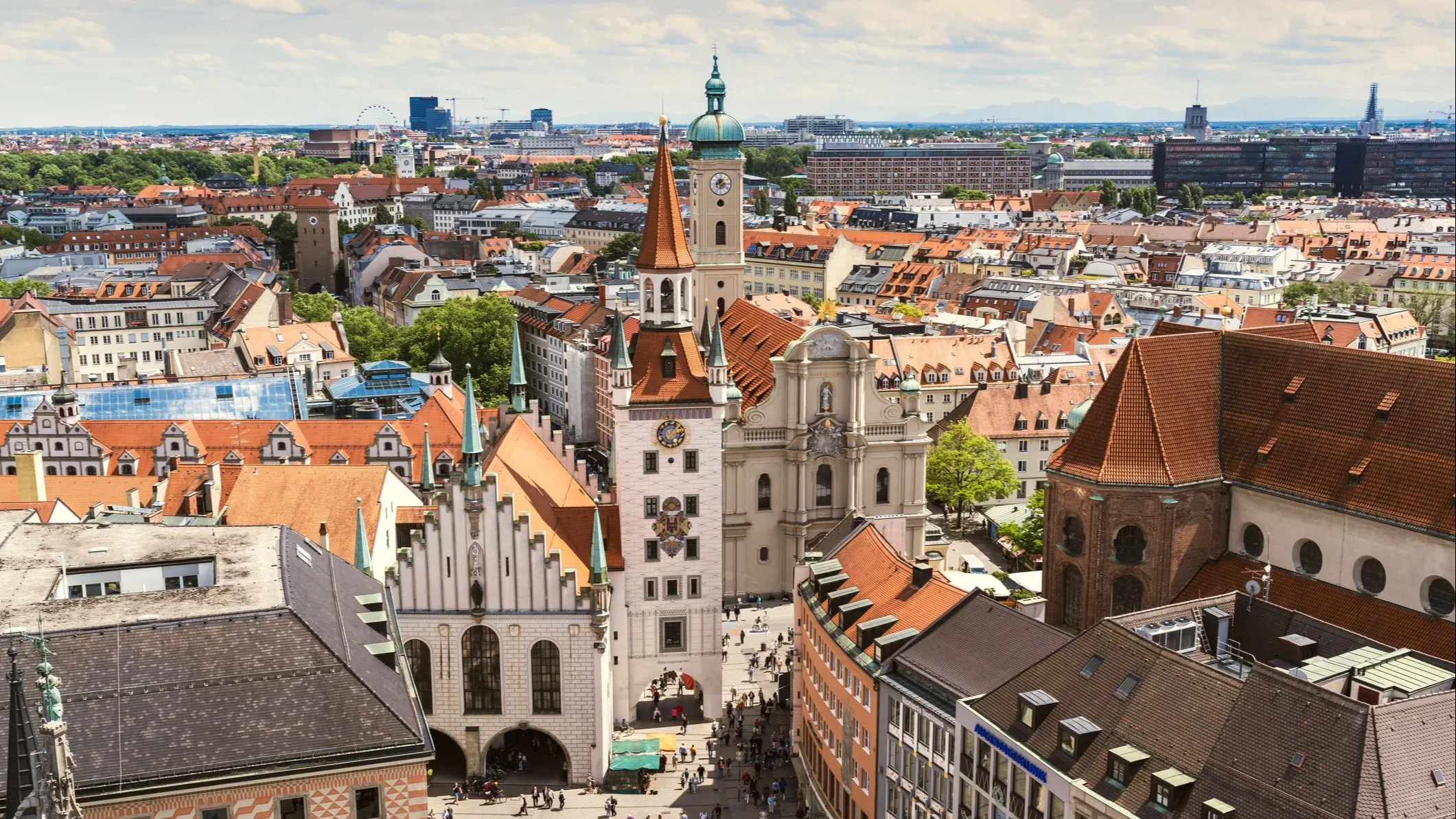
Munich is the capital of the German state of Bavaria and has a population of about 1.5 million people. Even though it’s Germany’s third-largest city, Munichis known to offer a great quality of life.
There are several palaces in Munich. People can stroll the grounds of the Nymphenburg Palace and the stately Residenz for free.
Munich also has numerous parks. One of the largest is the English Garden. This 900-acre green space is popular with walkers, cyclists, and picnickers. Inside the English Garden there’s a beer garden, a Greek-style temple, and a Japanese teahouse.
Munich also boasts world-class art museums. The Neue Pinakothek houses modern works, while the Alte Pinakothek showcases paintings from masters such as Botticelli, Rubens, and El Greco.
Beer connoisseurs will be drawn to Munich. The city hosts the world-famous Oktoberfest and numerous breweries.
Munich is also home to a wide selection of diverse restaurants. You’ll find everything from hearty Bavarian fare to Vietnamese and Japanese dishes.
Munich’s well-connected international airport is about 25 miles from the center of the city, making it easy to get in and out of the city.
Garmisch-Partenkirchen
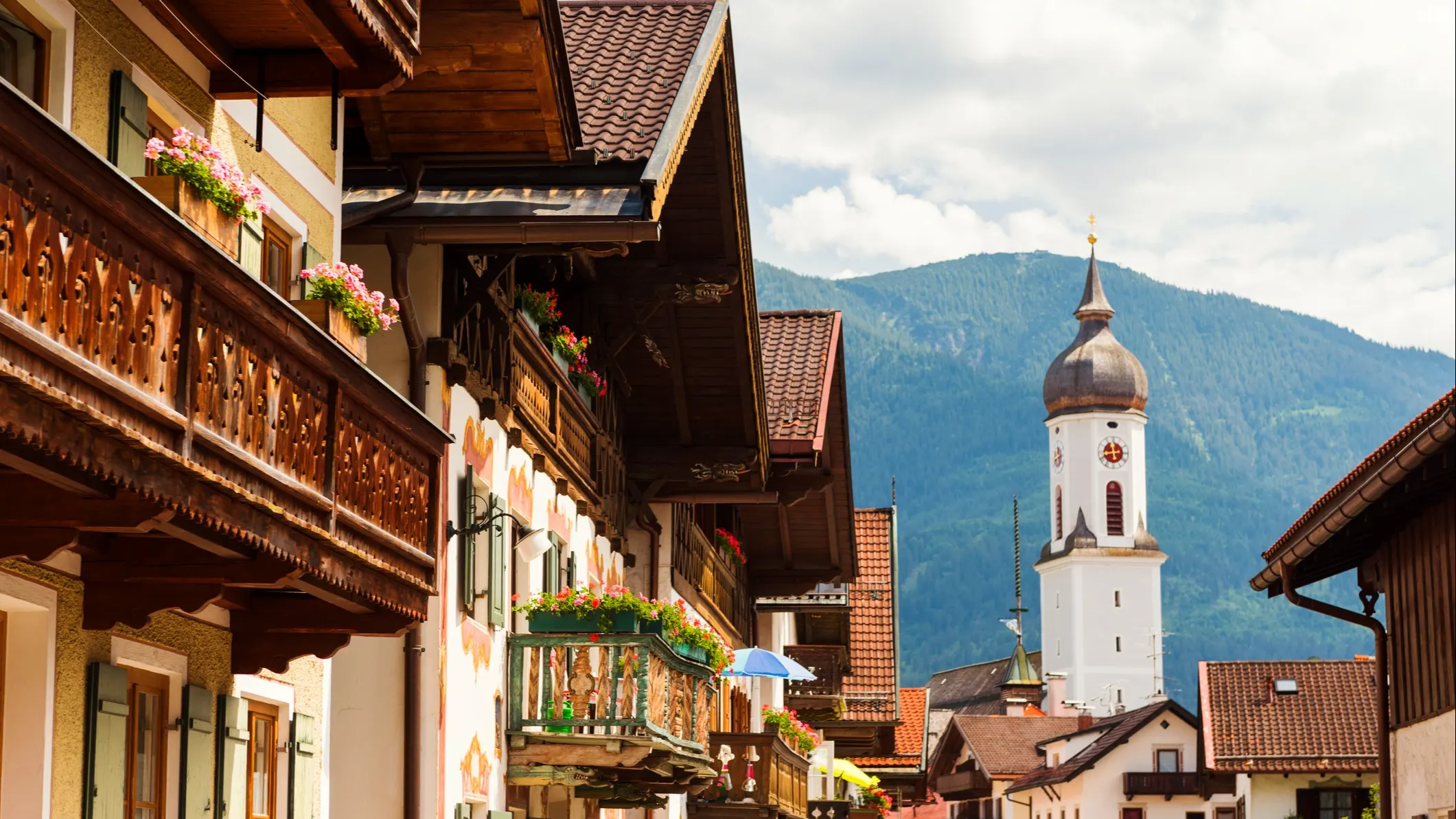
The Zugspitze, Germany’s highest peak, towers over the quaint Bavarian resort town of Garmisch-Partenkirchen. GaP, as it is abbreviated locally, is a favorite destination of outdoor enthusiasts. The city hosted the 1936 Olympics and still uses the open-air stadium and ski jump that were built for that event.
In Garmisch-Partenkirchen’s center, homes and storefronts flaunt chalet-style architecture and traditional frescoes called Lüftlmalerei.
Garmisch-Partenkirchen is located roughly 60 miles southwest of Munich and 80 miles from the Munich International Airport. In addition, the city is only about 20 miles from the Austrian border. This proximity to Germany’s southern neighbor makes trips to the Austrian Alps and Salzburg (made famous by Mozart and The Sound of Music) a breeze.
Heidelberg
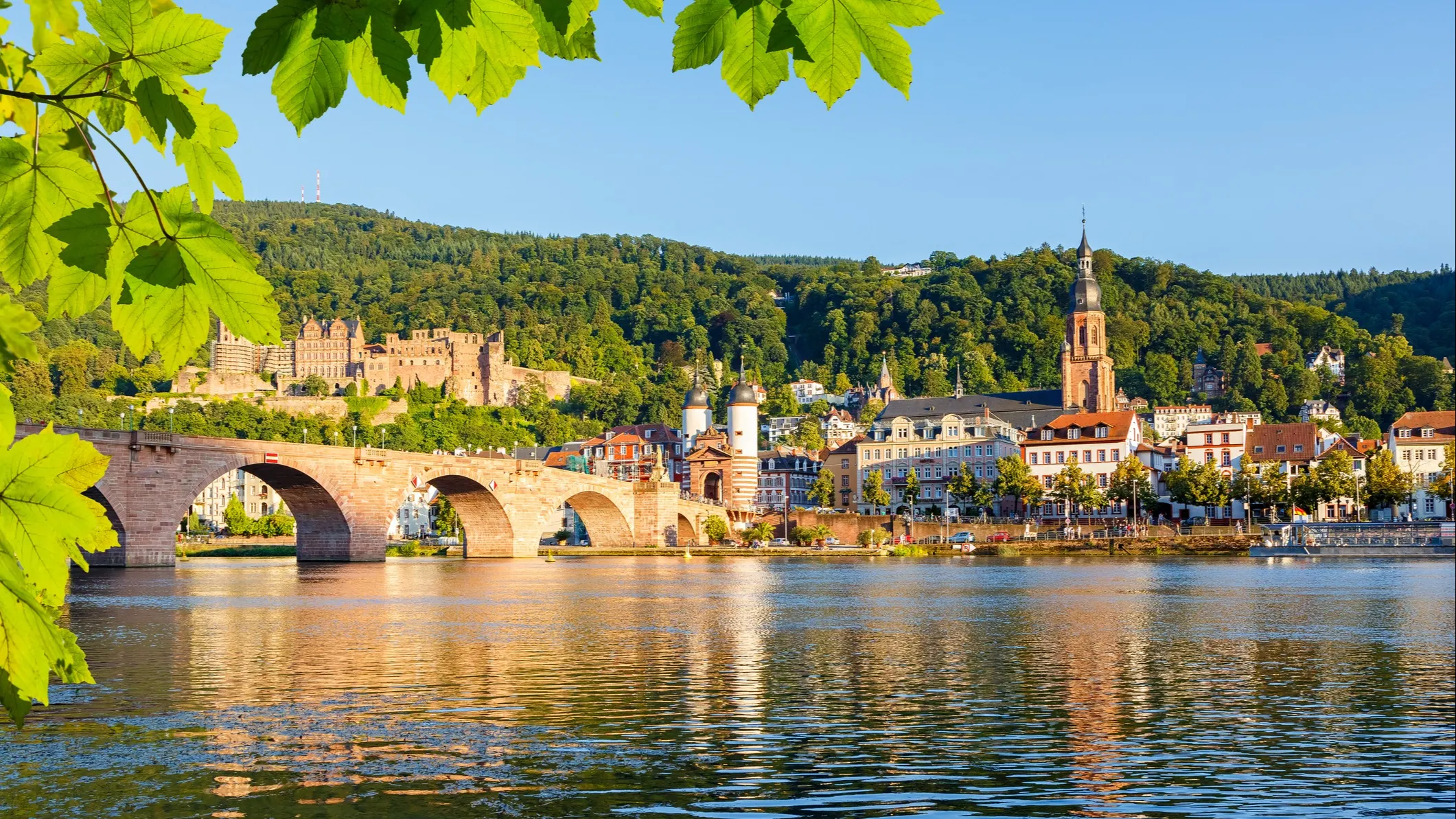
Situated along the Neckar River between two forested hills, Heidelberg is home to Germany’s oldest university. In the 18th and 19th centuries, artists, writers, and philosophers flocked here. They were drawn to Heidelberg’s romantic setting and its castle ruins.
Today, Heidelberg boasts a well-respected university hospital, a walkable Old Town, and the Hauptstrasse—one of Europe’s longest pedestrianized shopping streets.
Heidelberg is located in the state of Baden-Württemberg, about 55 miles from the financial city of Frankfurt. Frankfurt is home to one of Europe’s largest international airports.
Pfalz Wine Country
" class="size-full wp-image-706175" src="https://internationalliving.com/wp-content/uploads/2020/06/iStock-468906634.jpg" alt="" width="600" height="400" />
One of Germany’s warmest and sunniest spots, the Pfalz (Palatinate) is also the country’s second-largest winemaking region. It is located in southwestern Germany.
Not surprisingly, wine is a big part of the culture here. The German Wine Road (Deutsche Weinstrasse) cuts through part of the Pfalz and leads wine connoisseurs from one winery to the next. In the fall, festivals dominate the social scene in region’s tiniest towns. The world’s largest wine fest is held in Bad Dürkheim.
The Pfalz’s has 1,800 hours of sunshine. As a result, the warmer temperatures nurture not only grapevines, but also almond, chestnut, fig, and even citrus trees. The most widely-produced wine varietals are whites such as Riesling and Müller-Thurgau and reds like Dornfelder and Blauer Portugieser.
Forests, mountains, and vineyards dot the landscapes of the Pfalz, offering hiking and cycling opportunities. During springtime when almond trees reawaken, parts of the Pfalz turn pink. To celebrate, the village of Gimmeldingen hosts an almond blossom festival.
Six Challenges of Being an American in Germany
By Erik S. Meyers
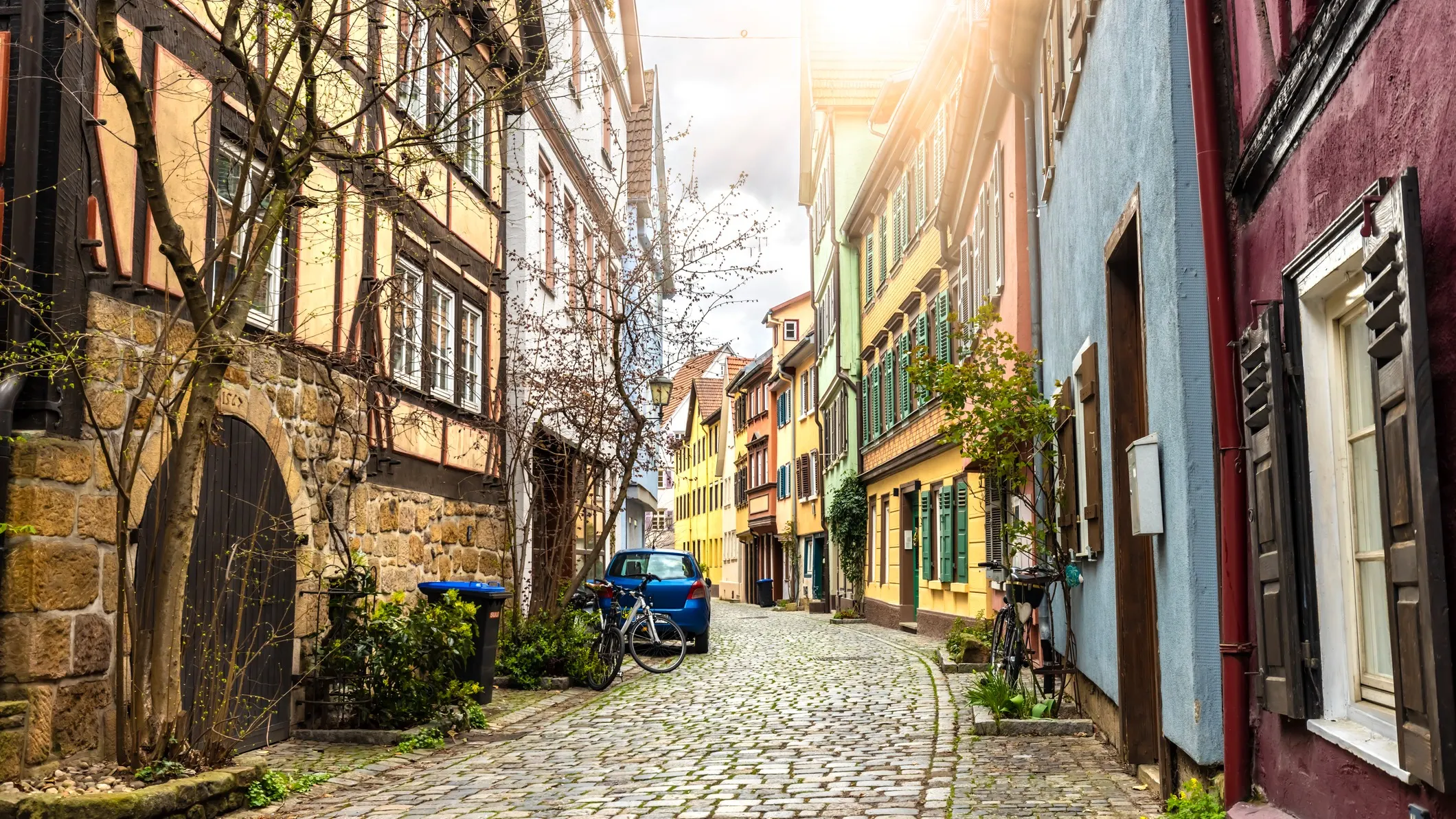
Living abroad in any country is a life-changing experience. The more you can fit in, such as by learning the language, learning the customs, and finding local friends, the more enriched your experience will be.
I've lived in six countries on three continents, the longest in Germany, where I currently live.
I love it here and speak German fluently, but certain aspects can be challenging. And these are all important to know before you move here. Make sure you are clear on what you are getting into before you make the trek across the pond.
Here are six challenges of being an American in Germany based on my personal experience.
Language
While Germans generally tend to speak English better than in other countries I've been to, such as France or Spain, don't expect everyone to be fluent. And you may also find people who may know English but are shy about speaking it. The best thing you can do is learn at least basic German before you move here. It will definitely help you navigate the country right away.
If you are moving to a large city or a main tourist destination, you will most likely have more luck finding people who speak English. If it is a small village, this will probably be more difficult.
Banks and Taxes
As a U.S. citizen, you are required to file a yearly tax return, no matter where you live in the world. This puts an added burden on living here, as you are of course required to file a German tax return and pay taxes here as well. You can usually write off at least part of the tax you pay here and various other deductibles.
While living here, I suggest finding a German accountant who is an expert on U.S. taxes to help you. In the end, you may not owe anything in the U.S., but you need to file a U.S. tax return every year regardless.
And any time you open a bank account or financial account, you will be required to fill out additional paperwork for the U.S. government. Financial institutions abroad are required to report accounts of U.S. citizens to the U.S. government.
You are also required to file your own account reporting to the U.S. government yearly called FATCA (Foreign Account Tax Compliance Act).
Finally, due to the additional burden of documentation and oversight, some financial institutions in Germany won't accept U.S. citizens as customers. The big banks usually do, but do your research in advance.
Food

While the stores here now have many more items that I would consider "American" food than when I arrived in 1998, such as fresh cranberries in the fall or even canned pumpkin, the food here is definitely different. Most larger stores have international foods sections, which includes the U.S. However, it is what Germans think Americans like, not what every American necessarily likes. You will often find the U.S. section filled with Pop Tarts, root beer, squeeze cheese, microwave popcorn, ketchup, Fluff, peanut butter, and mayonnaise.
Amazon.com and other sites often will deliver items to Germany (though usually with outrageous shipping fees), but if you have certain food or hygiene items you love, it would be wise to bring them with you. Again, research in advance is needed as certain items, like alcohol, are restricted to certain quantities or you will be required to pay customs on them upon arrival.
Visas, Permits, Citizenship
To live in Germany, you need a residence permit. To work here, a work permit. If you are transferring here from the U.S. or have been hired by a German company, the company is responsible for your work permit. Some companies will also help you get a residence permit.
Without both of these you cannot legally live or work here.
This is crucial to research beforehand, because you don't want to get caught in a difficult situation after you've already flown here.
Here is a link to the German Ministry of the Interior with some first information:
Tip. If you have a parent or grandparent who emigrated to the U.S. from an E.U. country, you may be able to get citizenship from that country. As an E.U. citizen, you would be permitted to live and work in Germany without getting an additional permit. To find out more about this, contact the embassy from that country in Washington, DC.
Voting
As a U.S. citizen, you are not allowed to vote in any German or E.U. election. You can, of course, continue to vote by absentee ballot in the U.S. (based on the last location you were registered to vote in the U.S.). I've been living here for years, but still vote by absentee ballot in Massachusetts, where I was last registered to vote in the U.S.
This is probably one of the most "annoying" things about living abroad. You pay taxes and live here for years but cannot vote. Unfortunately, Germany does not allow dual citizenship with the U.S., so for a number of reasons I've decided to keep my U.S. citizenship. If I did get German citizenship I would have to give up my U.S. citizenship.
Cultural Differences
In general, Germans tend to focus a lot on analyses, risk-reduction, and making sure everything is well organized. This can drive a "can-do" American a bit batty.
In America, people love to try things, fail, pick themselves up and keep going without any problems. In Germany, failing is often seen as a serious no-no. This partly explains the challenges the country has had getting startups off the ground.
A final caveat: I've lived here a long time and have personally dealt with all of these topics. However, I'm not a tax advisor or lawyer, so it is best to do your research in advance and contact the experts in Germany with questions about your specific situation.
5 Things to Consider When Moving to Germany
By Erik Meyers
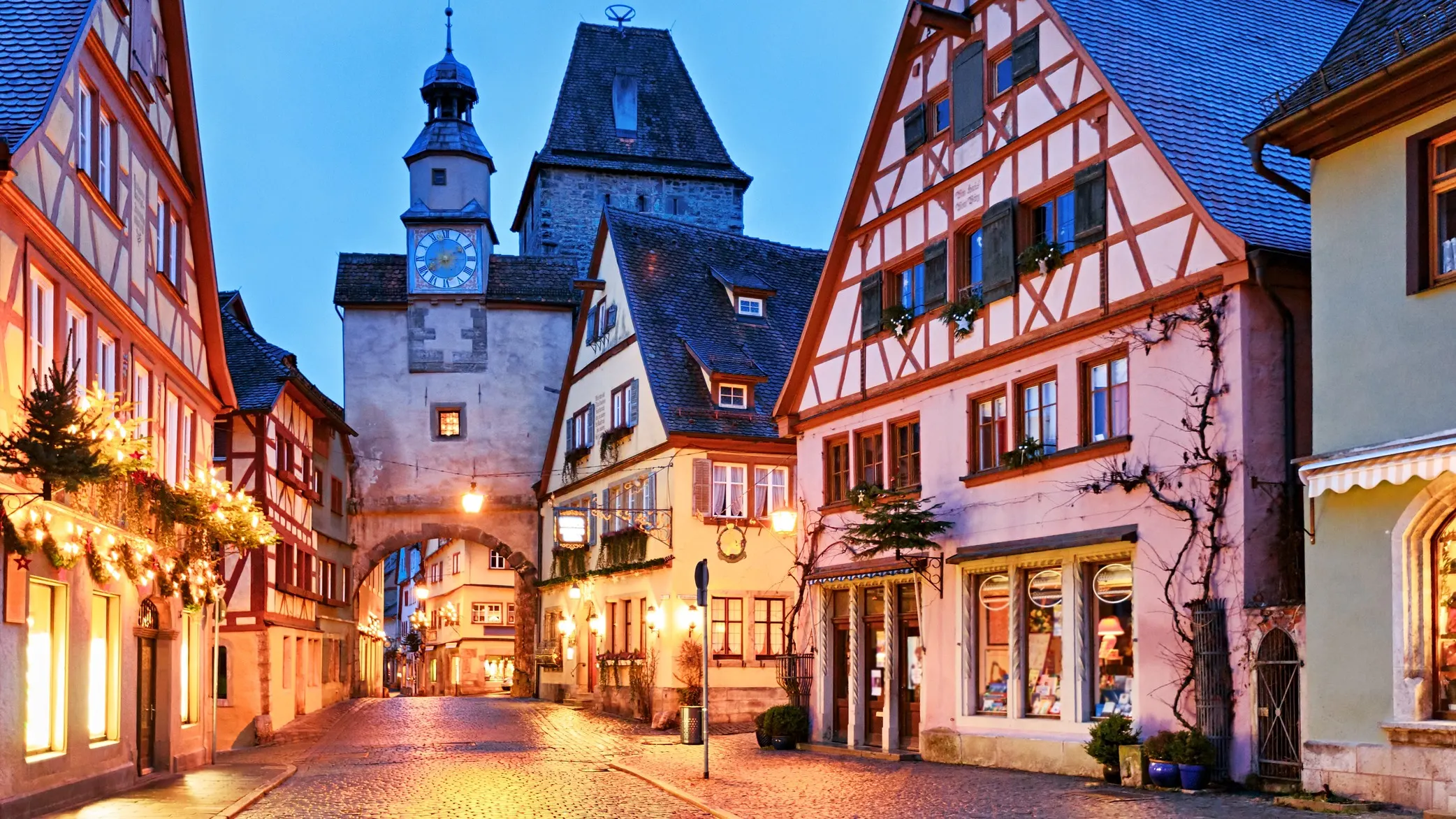
When you travel to Germany, it can seem so exciting to imagine yourself living there. Everything is so different: the sounds, the smells, the food, the people, the sights; everything is so intoxicating.
Yes, living abroad can sound exhilarating and exciting and new. Living in Germany though, is not the same as visiting. All the great things you saw and experienced on vacation will be there, of course, but you will be faced with the stark reality of the place, and the bureaucracy (this is a big one in Germany). The old saying “the grass is always greener on the other side” may give you a real wakeup call when you actually get to the other side.
There is a reality TV show about Americans moving abroad. One episode in particular really stuck in my mind. A couple from the U.S. moved to Portugal. As they looked at apartments to rent with a real estate agent they said things like “Wow, this is small,” or “What, there’s no gym in the building?” or my favorite “Ugh, this isn’t a box-spring bed.”
Wow, yes actually living in Germany for a longer amount of time will be much different than you were used to in the U.S.
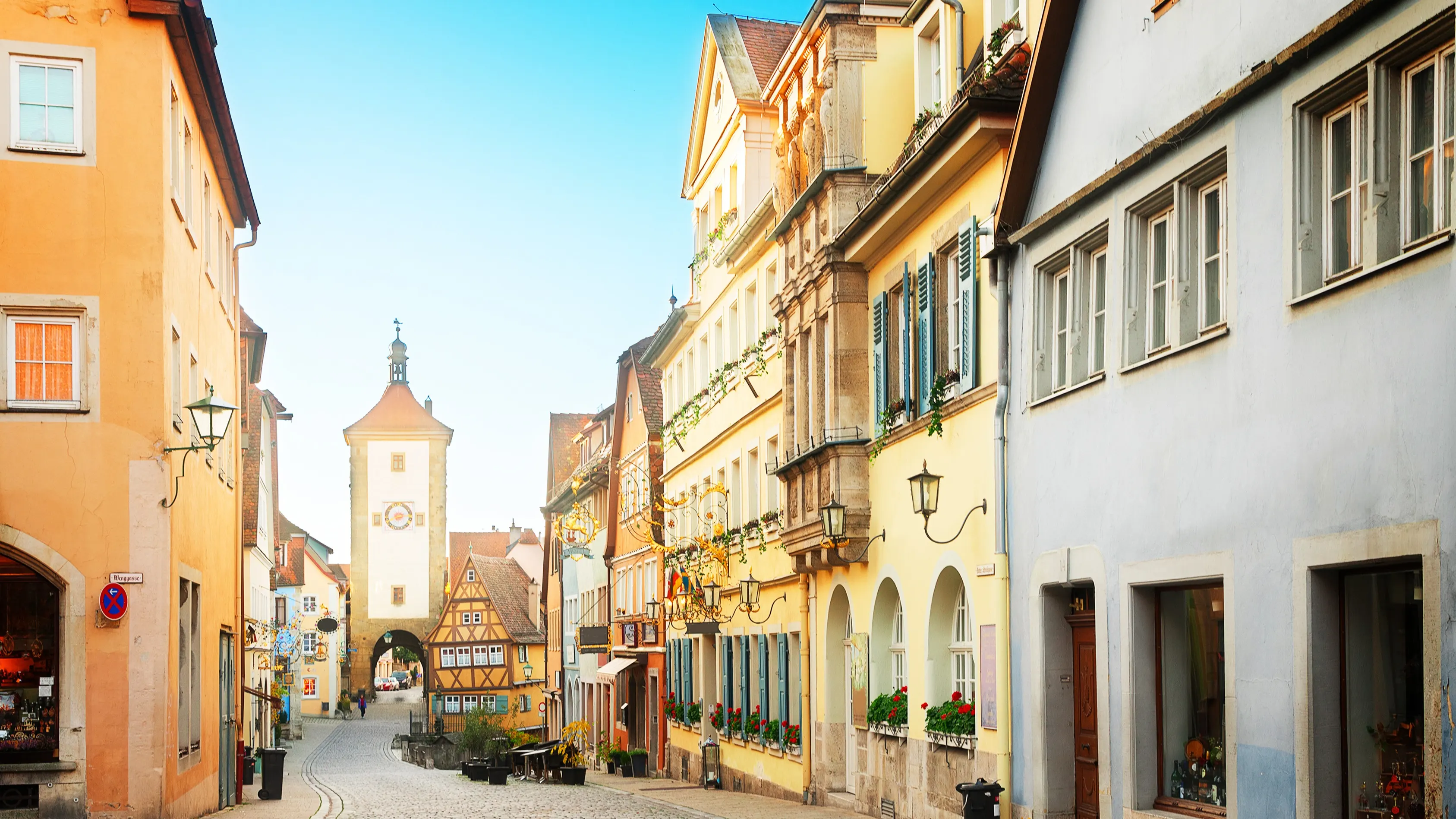
Before you even think about moving to Germany, here are five things to consider.
1. Make a List of Why You Want to Move to Germany
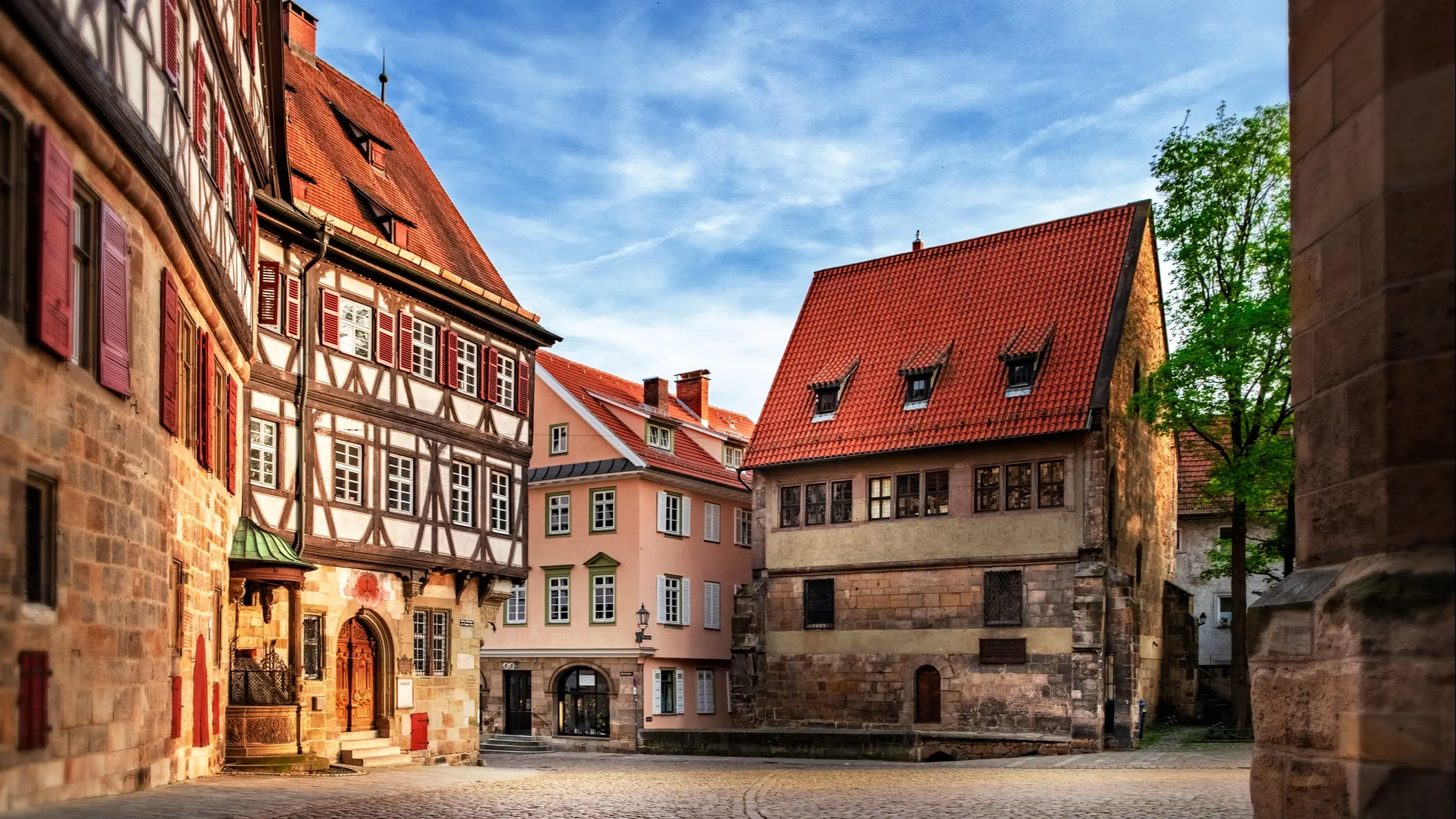
This should be an honest list with pros and cons, including what you might expect to get from the experience and what you will really miss being outside of the U.S. If you can't really come up with a list beyond "We loved the delicious cakes," or "We loved the vibe in Berlin," maybe moving to the country isn't such a great idea after all.
2. Do In-Depth Research on Living in Germany & Research Places You Might Like to Live
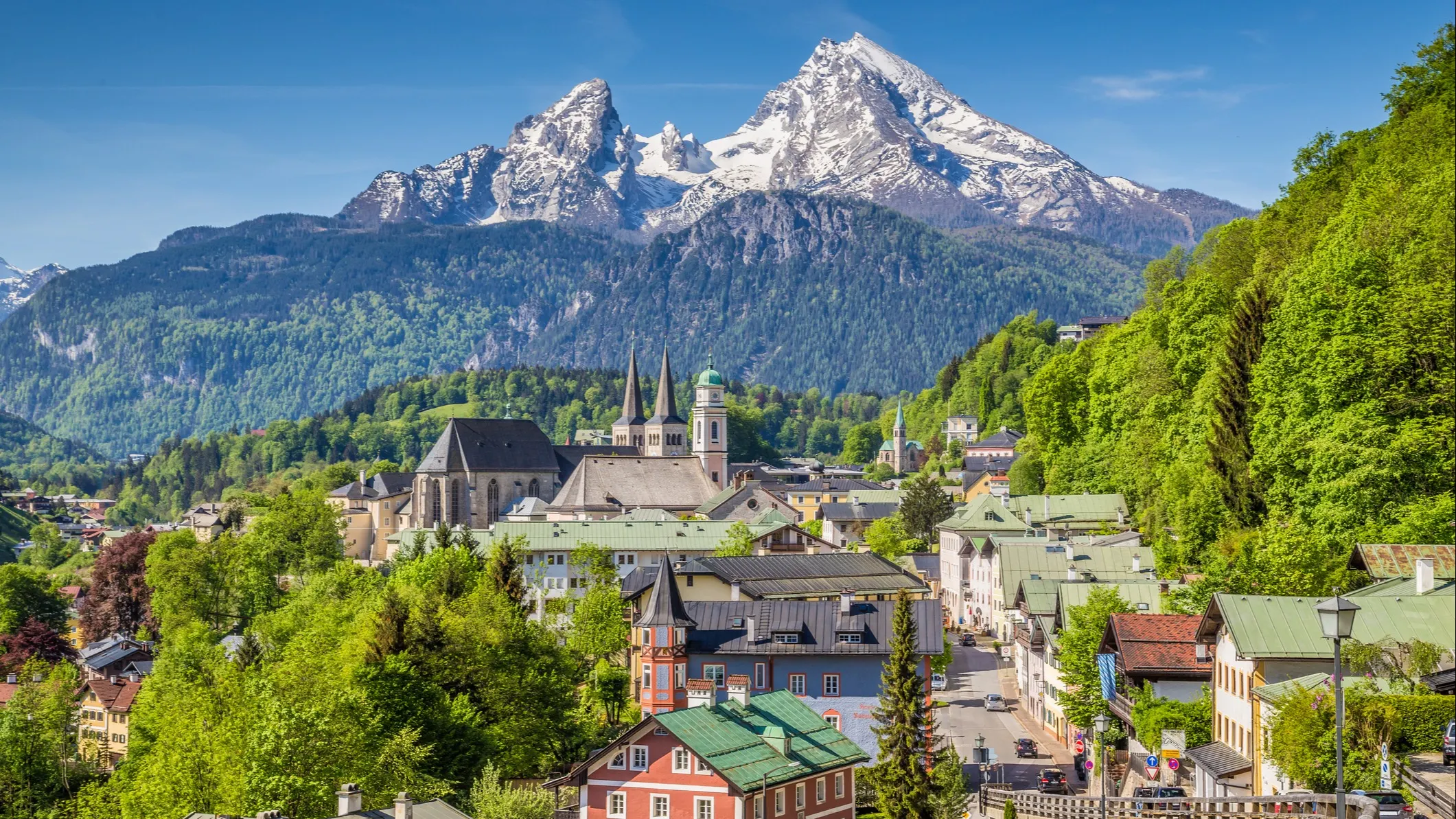
There is a wide variety of places to live in Germany, from small villages to large cities, from mountains to beach-side towns. Don't just look at the few places you visited when you were in the country.
To be honest, Heidelberg, for example, can get very crowded with tourists. When you were vacationing there, that might have seemed great. But if you are actually living there, really consider whether you want to have to deal with the crowds.
Open yourself up to looking at other parts of the country too. Think about whether you want water-side spots or mountains. And as Germany is in the center of Europe, think about other countries nearby that you might want to visit. If you love Scandinavia, for example, you might want to live in northern Germany. On the other hand, if you love Italy, you may want to live in southern Germany, in the state of Bavaria.
Finally, talk to friends or family who might have lived in Germany to understand how it really works. Research stories of expats living in Germany. Here you want to get the ups and downs to get an honest, open picture. This is very important, don’t just rely on the fun you had on vacation!
3. Understand the Legal Implications (Resident & Work Visas, Banking, Taxes)*
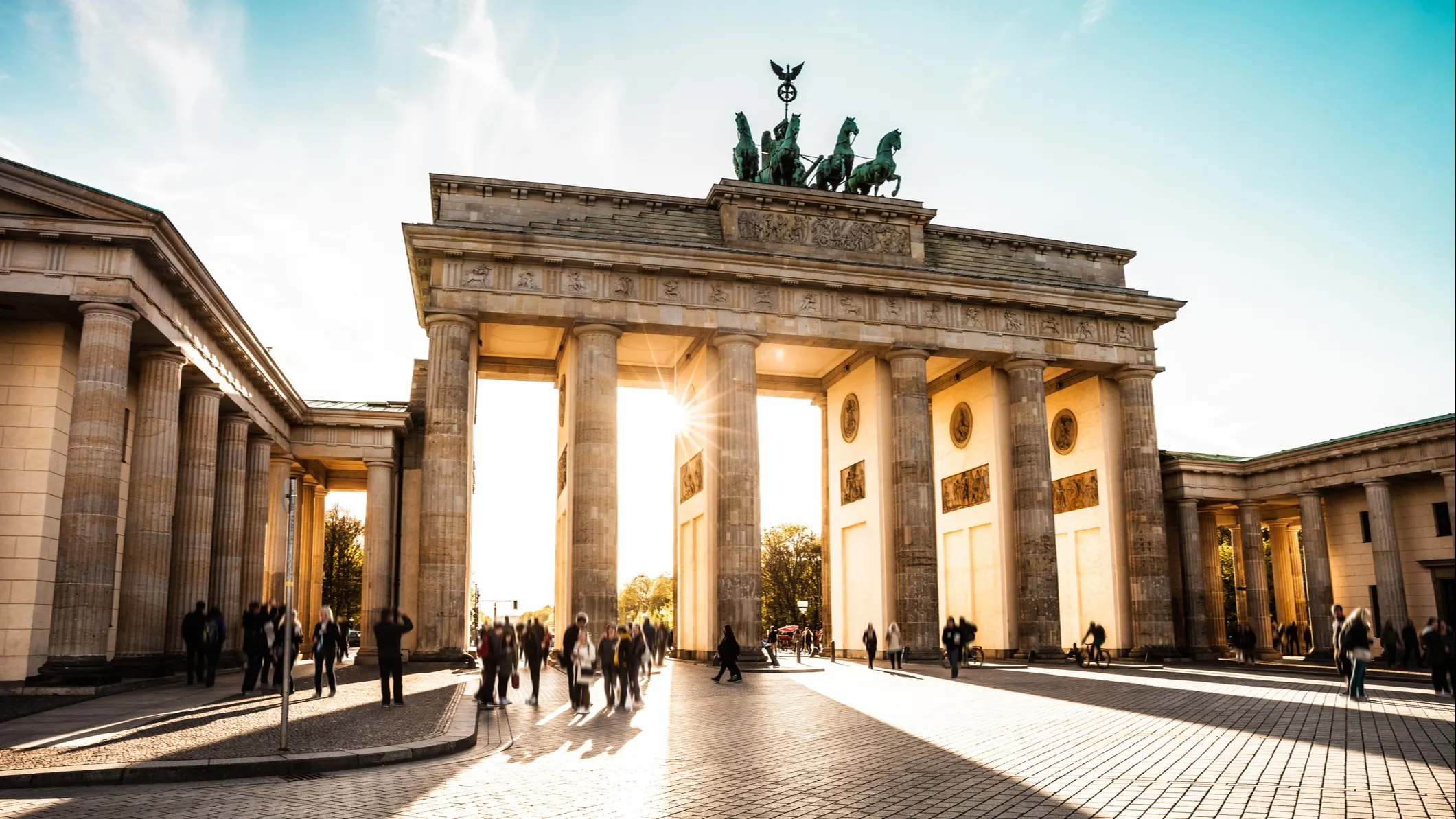
You may think waving a U.S. passport around when you land will get you star treatment wherever you go. While your U.S. passport may make it easier to get a resident or work visa in Germany, many people will be put off by your clichéd arrogance (just what they would expect—don’t play to the stereotypes!).
Resident & Work Visas
As a tourist, you are allowed to stay in Germany for up to 90 days within a 180-day period. However, after that you need to have a legal permit to live and work there. Like many countries, Germany has strict registration requirements, so no, you can’t just slip into the country as a tourist and assume no one will find you after 90 days.
This is the part that will take the most time, and requires the most research in advance. If you are moving to Germany to work for a company there, the country should provide you with extensive support to make the move and ensure you have all the permits and information you need to make the transition as smoothly as possible.
Otherwise, check the website of Germany's Foreign Ministry or the website of the German Embassy in Washington to understand what you will need to get a resident/work permit—and also whether it will be at all possible. If you have any questions, there is usually an email address or phone number for your specific question.
Depending on the visa, Germany will probably require loads of paperwork—including certified translations of documents into the local language. Certified means it needs to be translated by a translator recognized by that government. This can really get complicated.
Again, do in-depth research on this and begin planning this at least six months in advance. It will take time to get all your documents in order.
One additional tip: If you have a parent or grandparent who came from a European country, you might be eligible for citizenship from that country. If that country is also a member of the European Union as Germany is, this would make it much easier for you to live and work in Germany. European Union citizens have the right to live and work anywhere in the EU with minimal paperwork required.
Banking
Americans abroad are required to file a FATCA report for the U.S. government listing all bank accounts with a total balance of more than $10,000. In addition, each account you open in a foreign country generates paperwork for the bank—they are required to also file information with the U.S. government. Unfortunately, this means that it can sometimes be difficult to get a bank account, because many (smaller) banks don’t want to deal with the hassle.
Your best bet is to check if your current bank has an international branch in Germany or research global banks that are usually more familiar with the requirements and more likely to want to deal with them. From my and others’ experience, the large German banks like Deutsche Bank or Commerzbank will probably be more likely to allow you to bank with them.
Of course, you can do banking online with your U.S. bank, but certain payments here, such as rent or mobile phone, usually require a local (or at least EU) bank account.
Taxes
All U.S. citizens abroad are still required to file an annual tax return with the IRS. You can usually write off tax you pay abroad and some living expenses, but even if you don’t owe money, you still need to file the return every year—though the deadline is later than if you were living in the U.S. You may of course still have to pay tax in the U.S., even if you are also paying tax in the country you are living/working.
When in Germany, it's a good idea to find a German accountant who knows the rules for the U.S. and can help you file your U.S. return. A U.S.-based accountant won't necessarily know about all the intricacies of filing from abroad.
4. Think About What You Might Miss When Moving to Germany
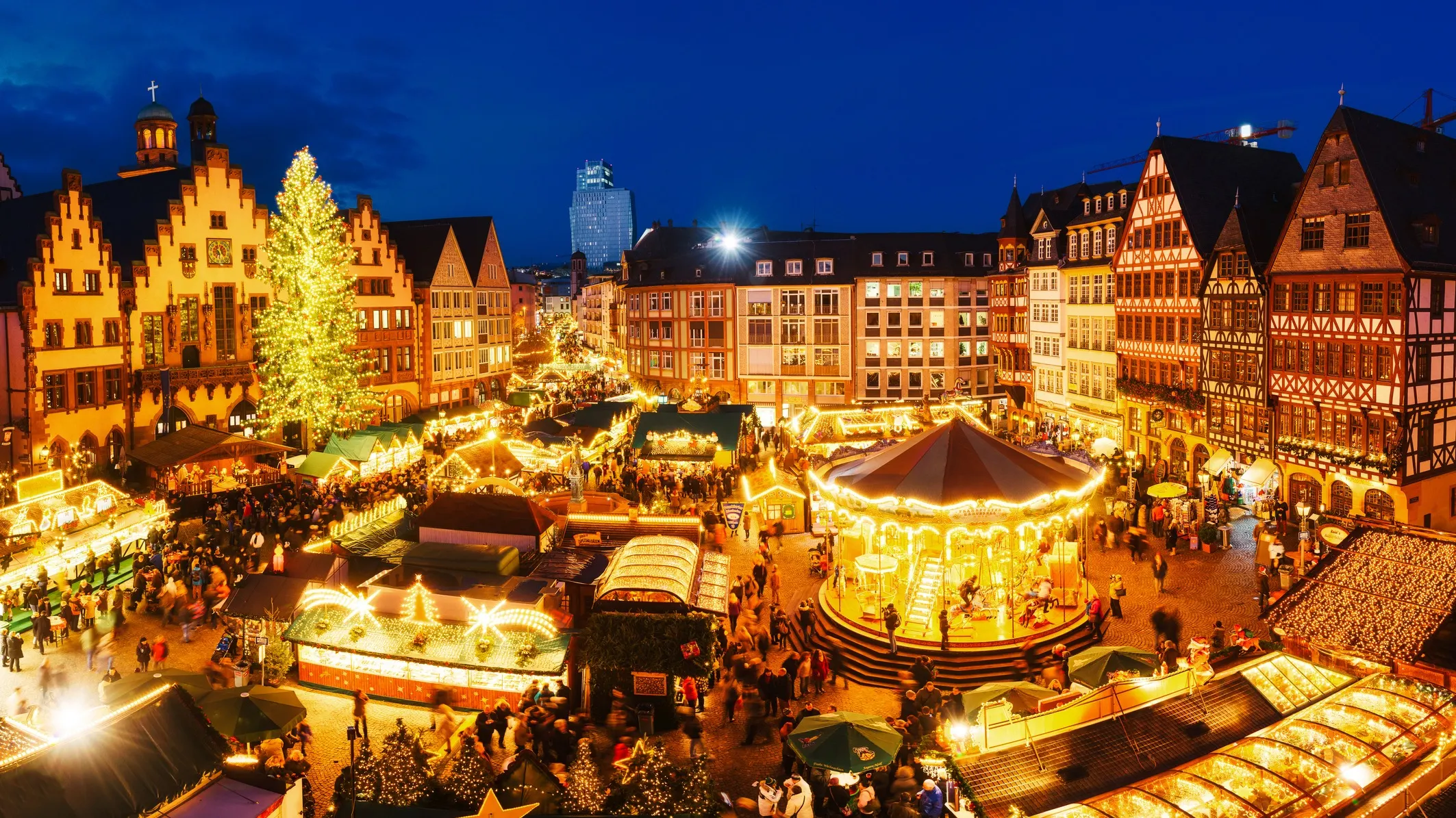
While you're on the high of planning your move abroad and thinking about all the exciting things you will see and do while living in Germany and traveling around, don't forget about what you might miss.
Think about this. Will you miss family and friends? How will you see them? Will you miss certain foods or activities?
Once you've made this list, think about how you can alleviate them. Some of them you can't—so it's important to know up front what you might be missing. Of course, as I also experienced, some of these you aren't aware of until you get to Germany and dig into the details of everyday life there.
One thing that still annoys me here: store opening hours. You can't find a grocery store open past 7 or 8 p.m. in many places (except big cities, but 24/7 is not a thing anywhere in Germany). And shops are closed on Sundays. That can seem trivial, but if you're used to shopping on Sunday or getting milk and eggs at 3 a.m., then you're in for a shock.
5. Decide What to Take and What to Leave Behind

Depending on the type of housing you will have in Germany, you need to do detailed planning of what you will take with you and what you might want to put in storage—storage will cost a lot of money if you are planning to stay in Germany for years. Houses and apartments in Germany tend to be much smaller than in the U.S., so no matter what your budget, you will most likely have to downsize.
Bottom line: Be really sure why you want to move Germany and what it will require before you start even thinking about packing.
*I'm neither a lawyer nor an accountant. This information is based on my own experience in Germany. Be sure to contact the authorities and the proper experts to finalize any questions and processes.





